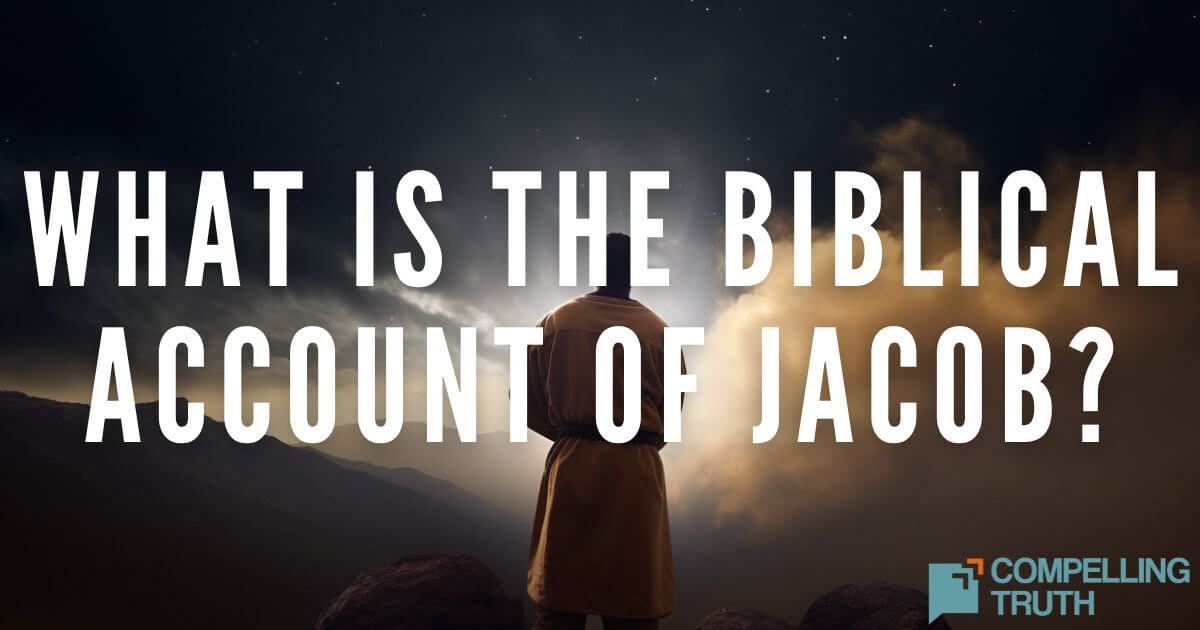The story of Leah in Genesis portrays her as the dutiful but unloved wife of Jacob, overshadowed by her sister, Rachel. Despite Jacob's preference for Rachel, God blessed Leah abundantly with children because He saw her distress. Leah found her worth and contentment in God's love rather than human approval. This story challenges worldly standards of worthiness and demonstrates God's ability to work through imperfect circumstances. Each of Leah's children played significant roles in Israel's history, showing that every person has a purpose in God's plan. Ultimately, Leah's story teaches us about God's unwavering love, His perfect timing, and the importance of finding fulfillment in Him despite life's challenges.
The story of Leah teaches us that God's love is unconditional and purposeful. Despite feeling unloved and overlooked, God saw Leah's pain and blessed her abundantly. Her experience challenges worldly standards of worth, showing that God's blessings don't depend on human approval or beauty. Leah's shift toward finding contentment in God's love rather than seeking validation from others, even her husband, is a powerful lesson for us. Through Leah, we learn that God works through imperfect circumstances and that His timing is perfect. Each person has a purpose in God's plan, regardless of their circumstances, as shown through Leah's children, who played significant roles in Israel's history. Ultimately, Leah's story reminds us of God's unwavering love, His ability to bring beauty from brokenness, and the importance of finding fulfillment in Him.




